History
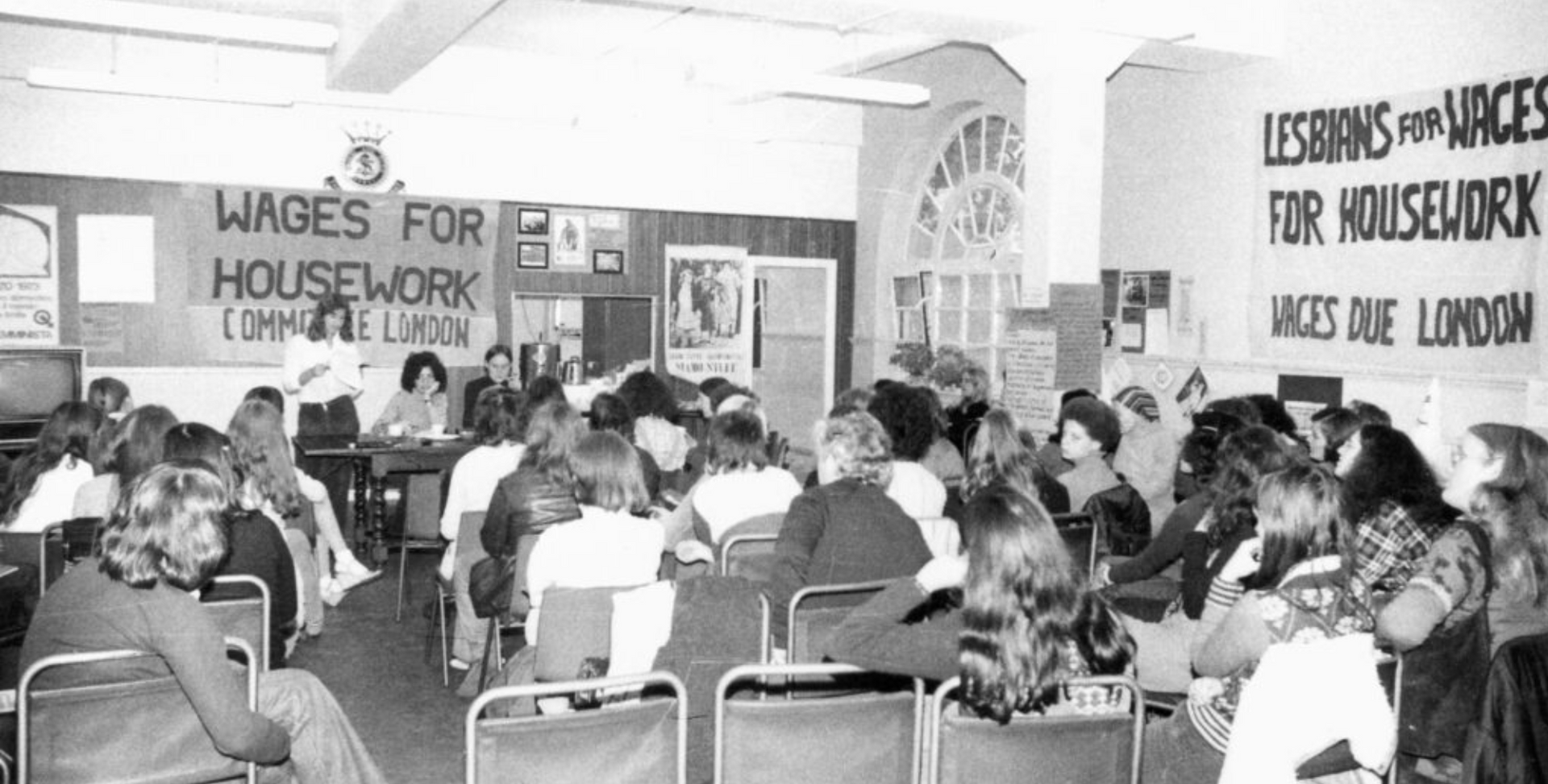
Slide title
Write your caption hereButton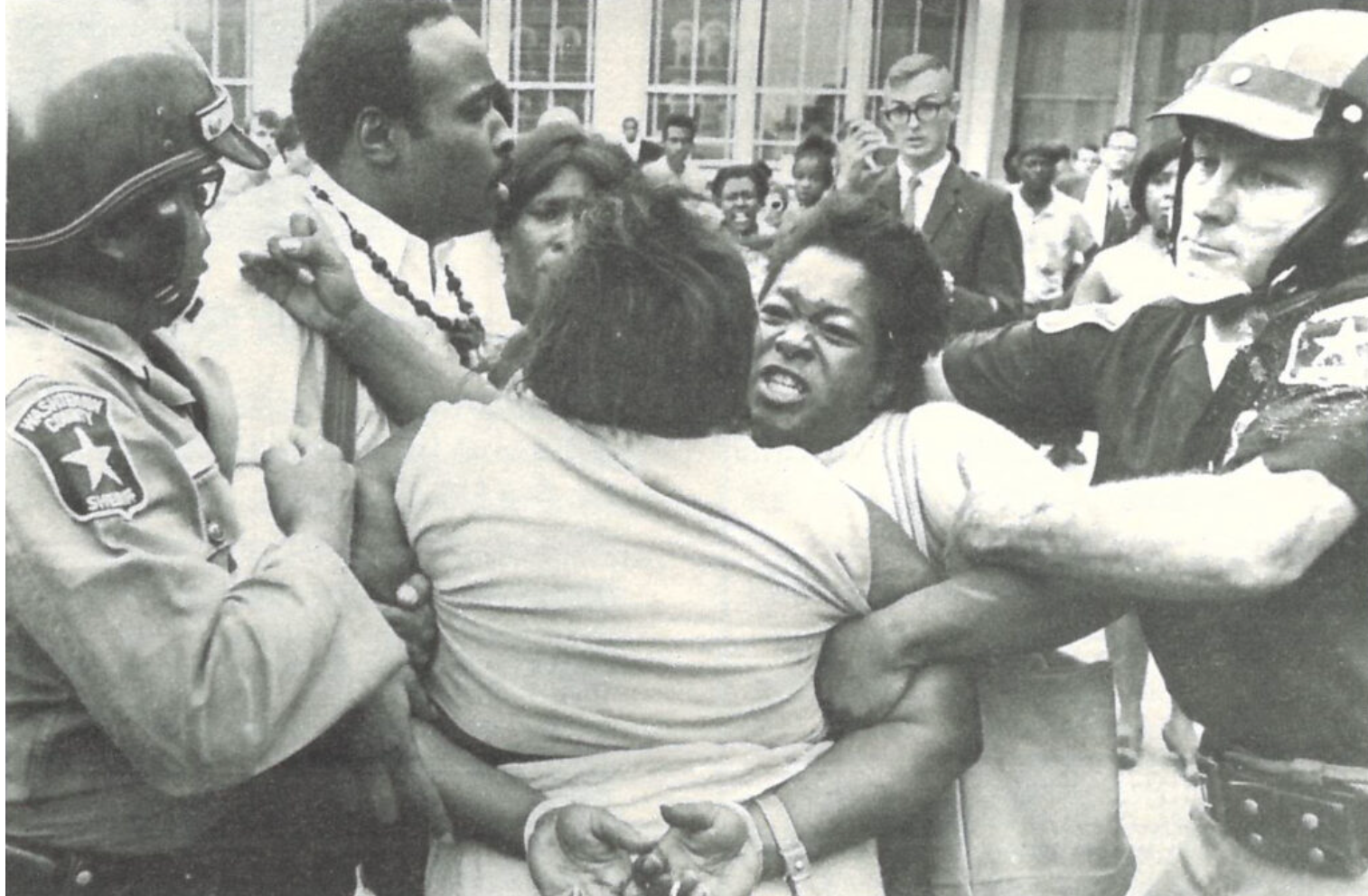
Slide title
Write your caption hereButton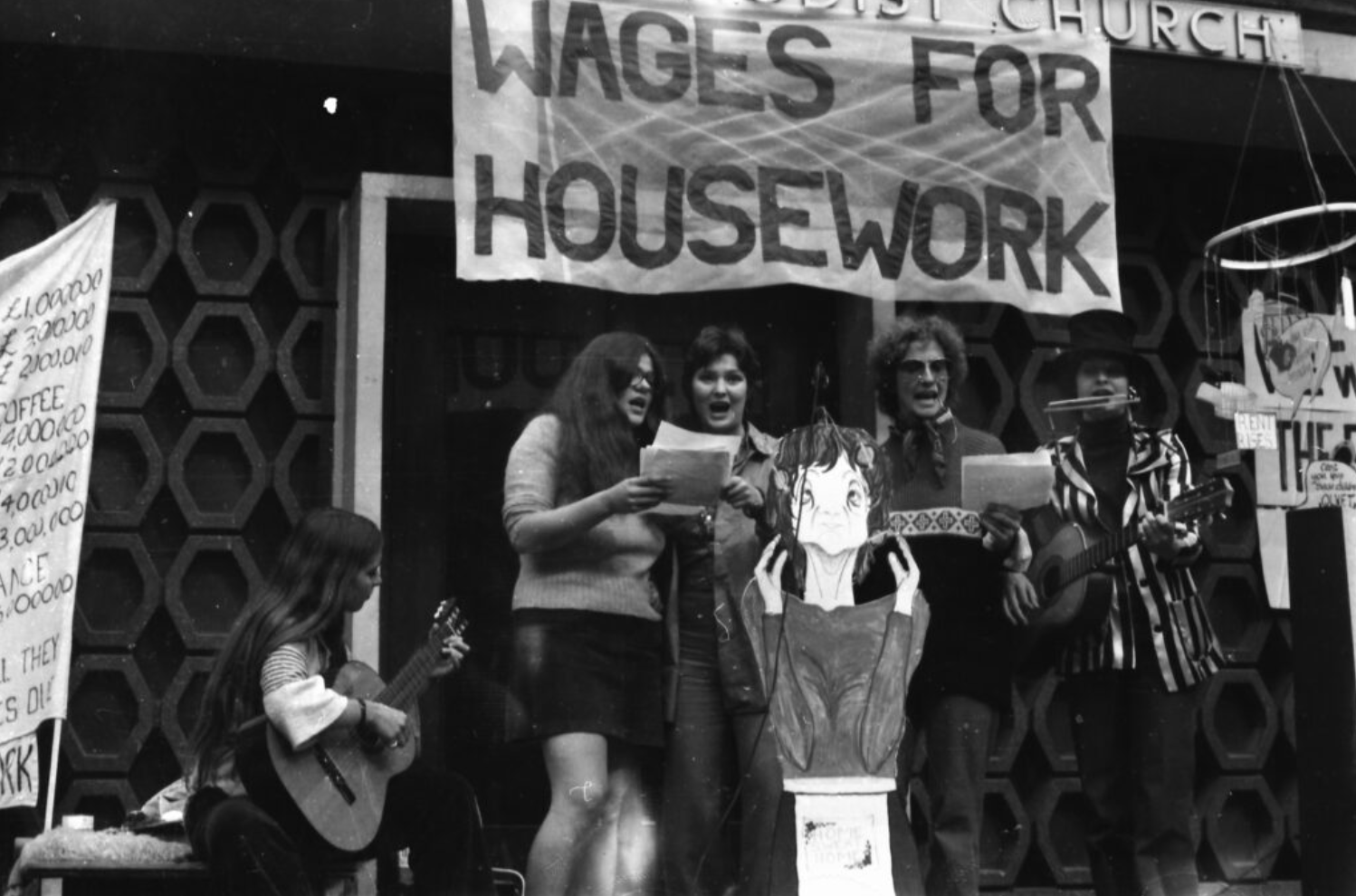
Slide title
Write your caption hereButton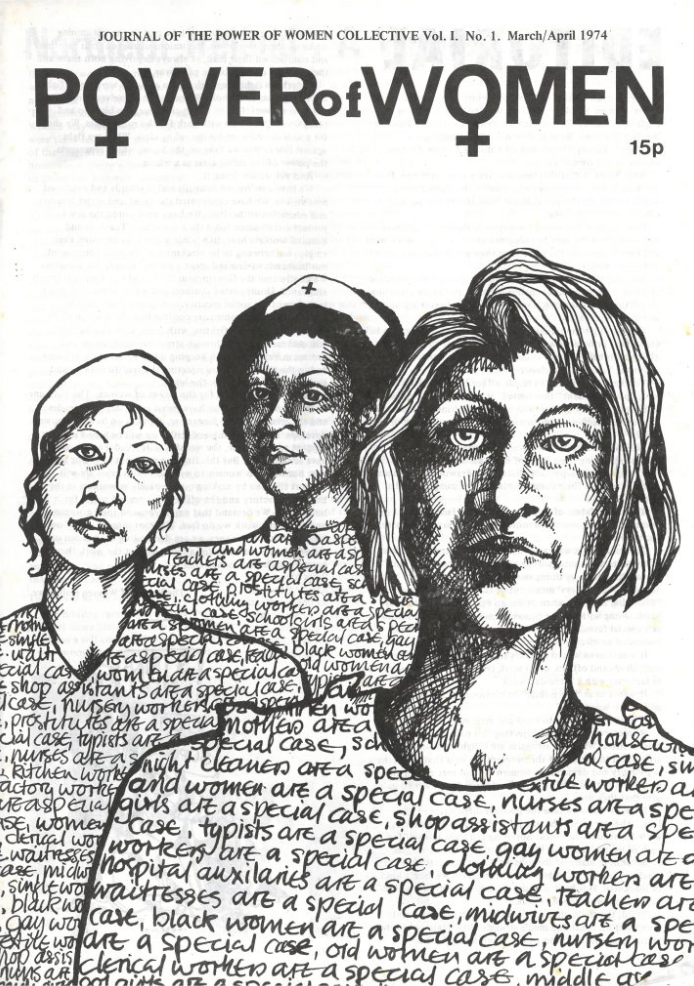
Slide title
Write your caption hereButton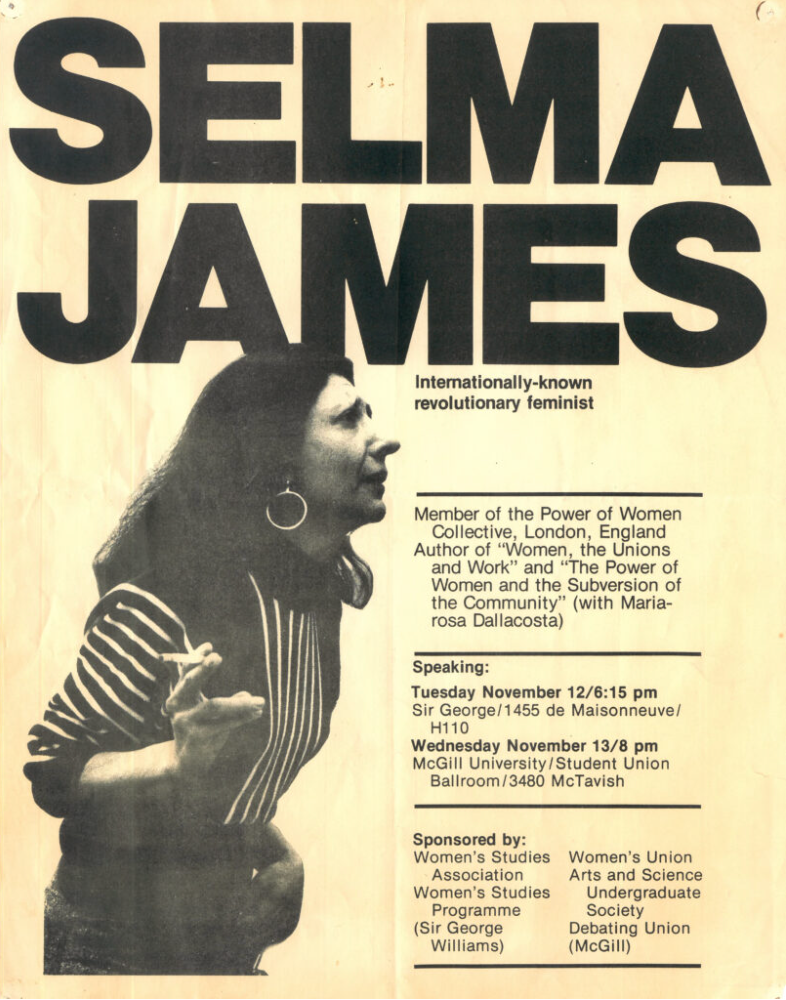
Slide title
Write your caption hereButton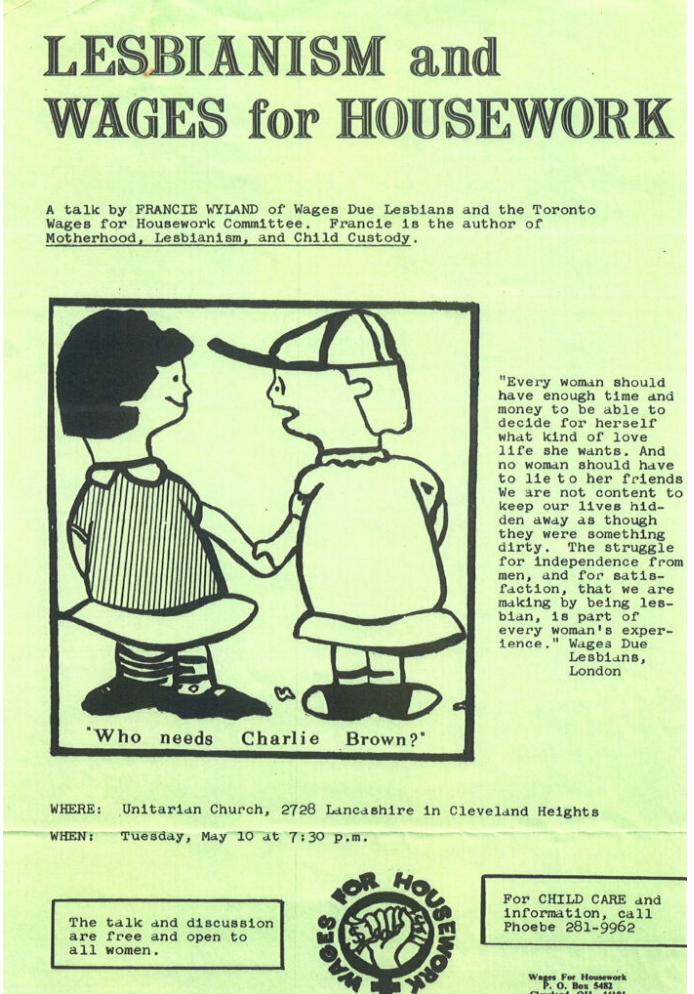
Slide title
Write your caption hereButton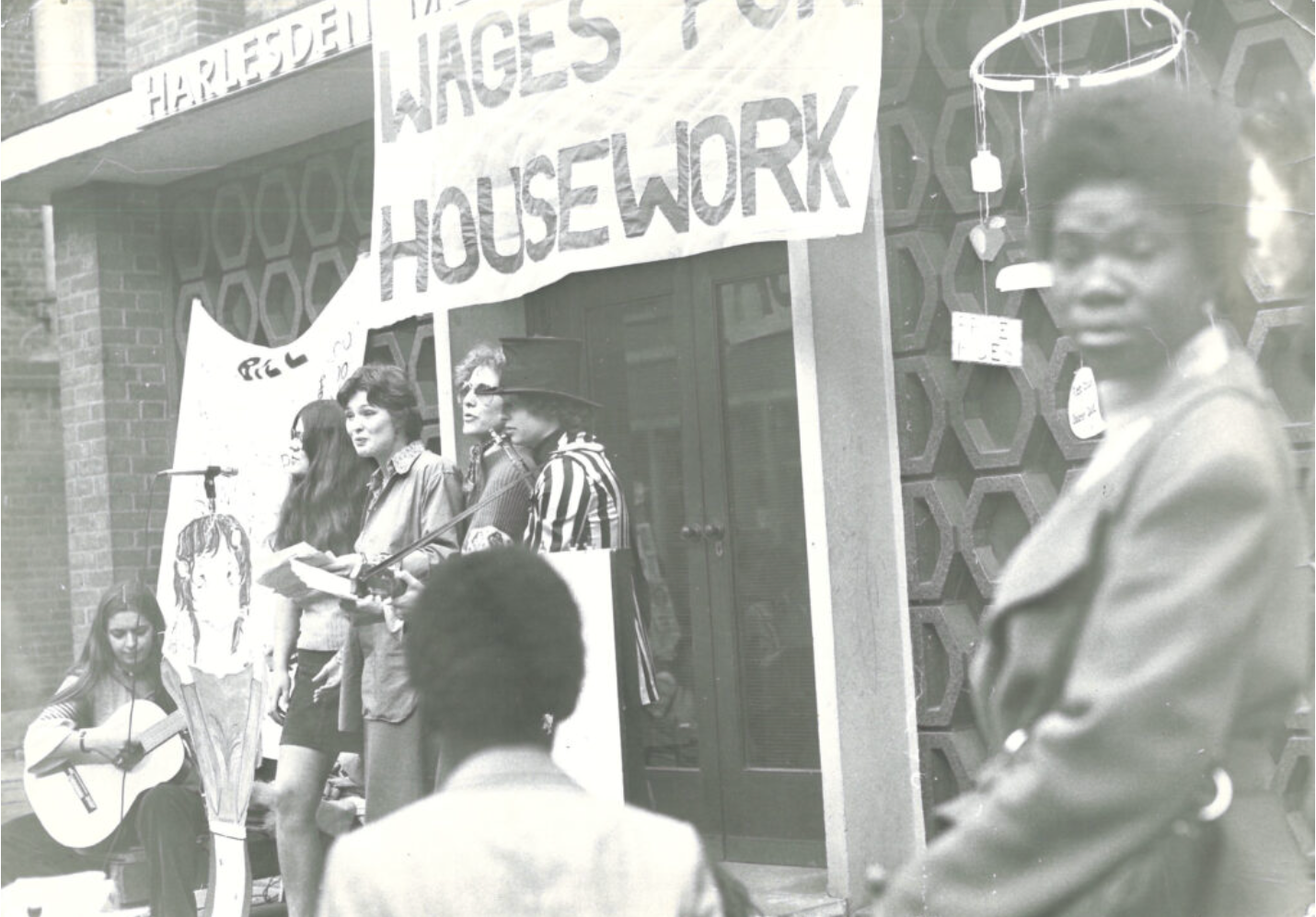
Slide title
Write your caption hereButton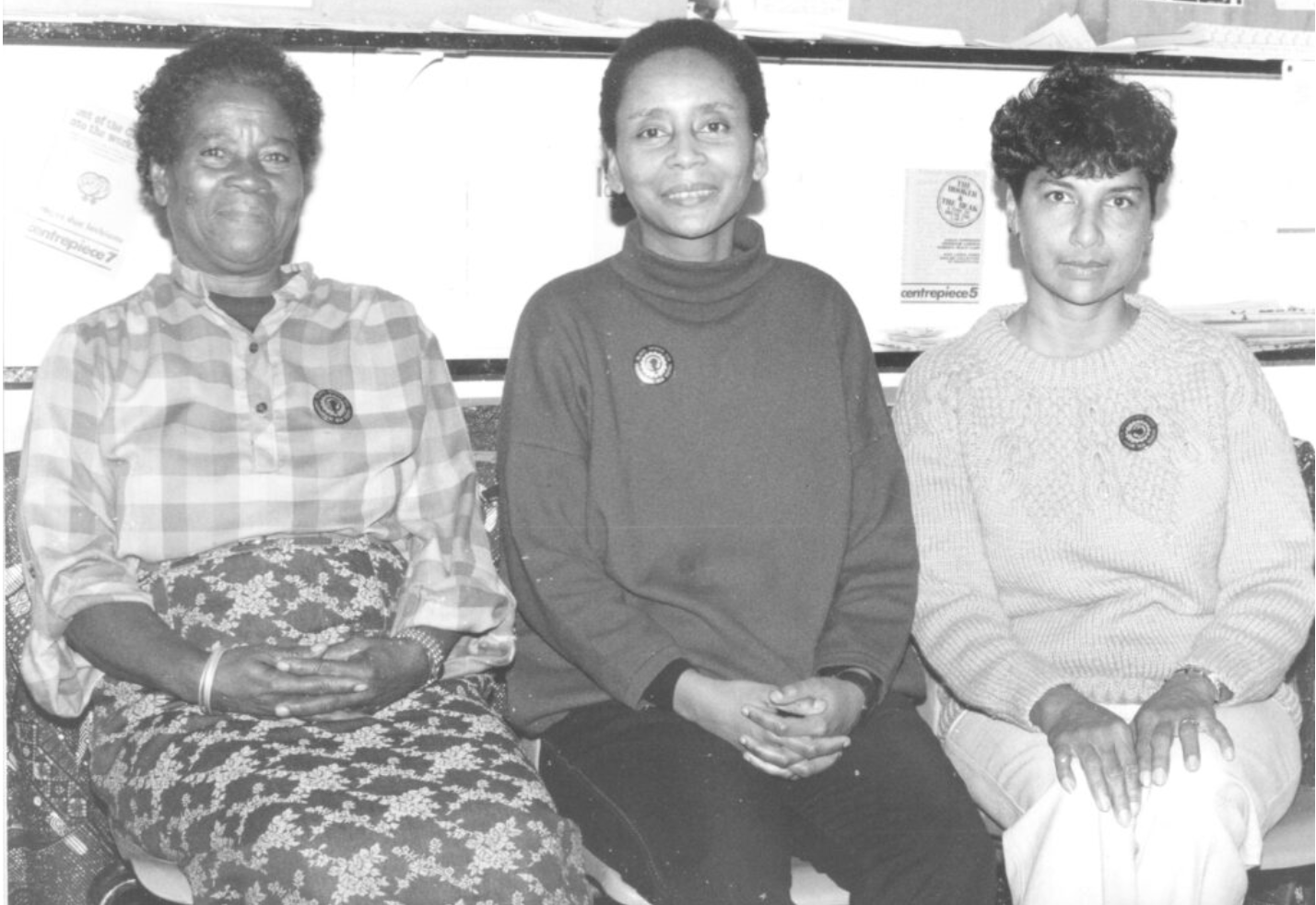
Slide title
Write your caption hereButton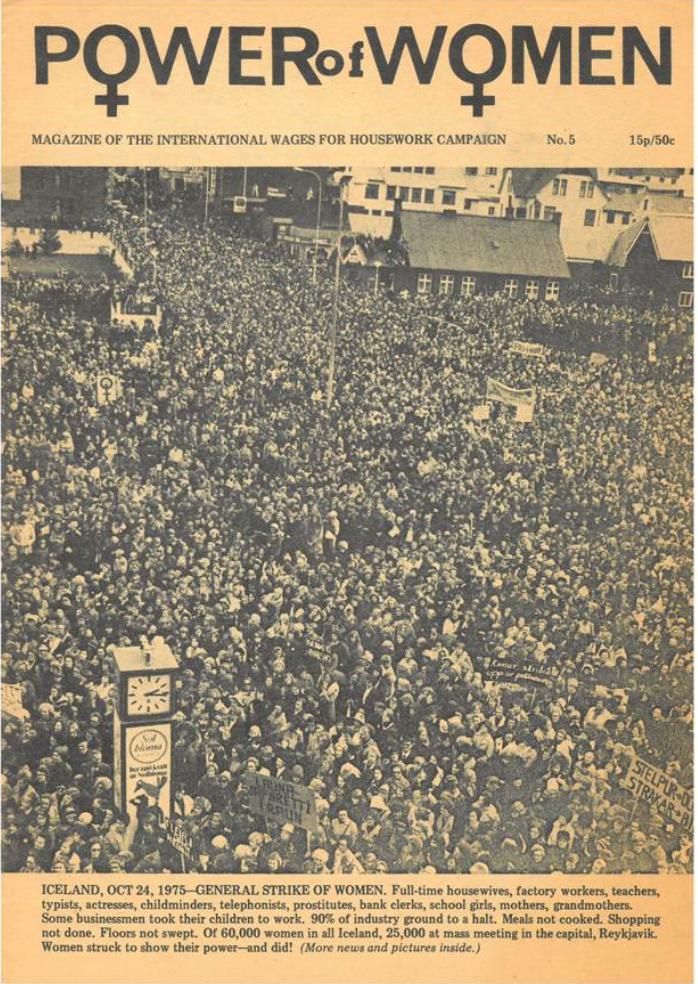
Slide title
Write your caption hereButton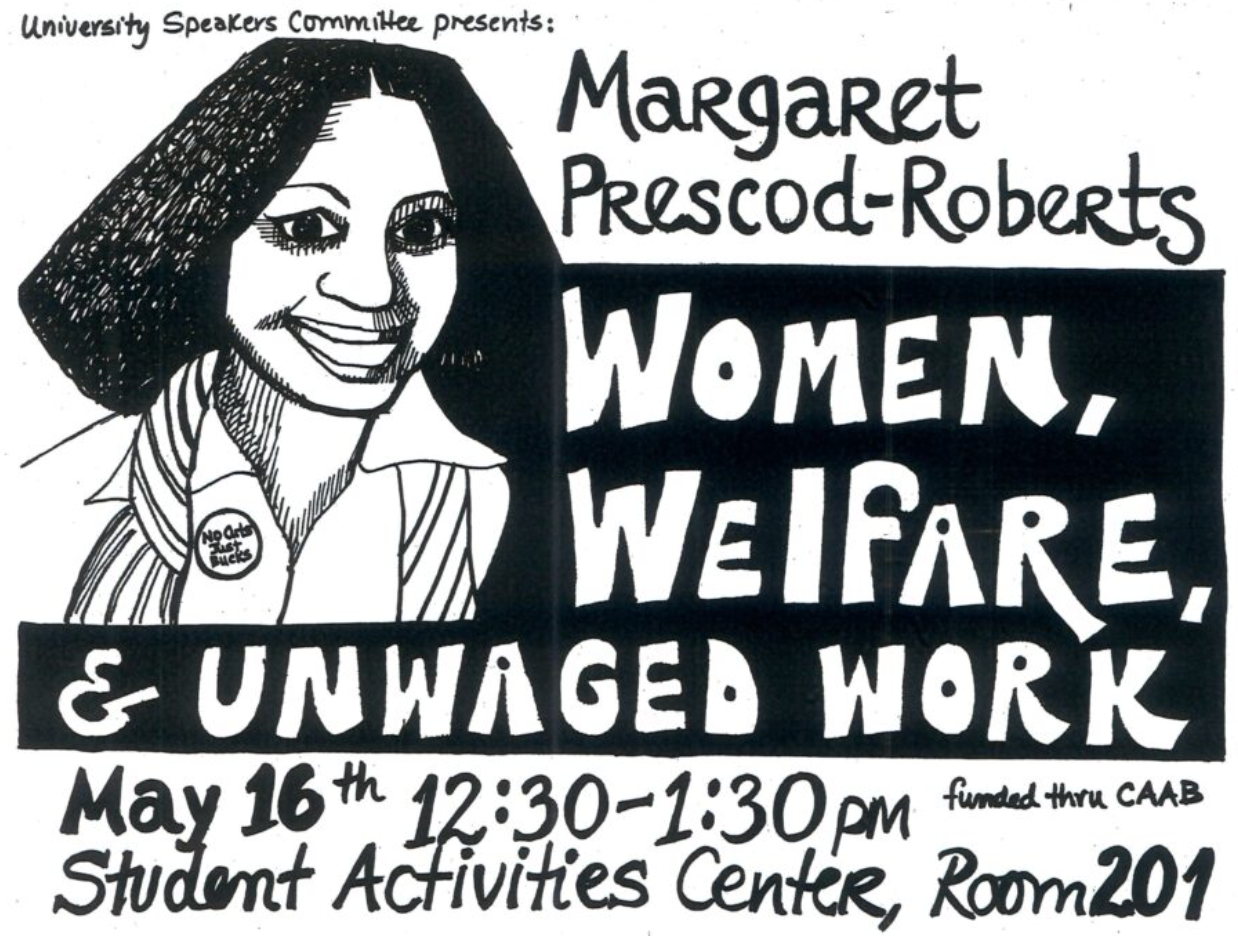
Slide title
Write your caption hereButton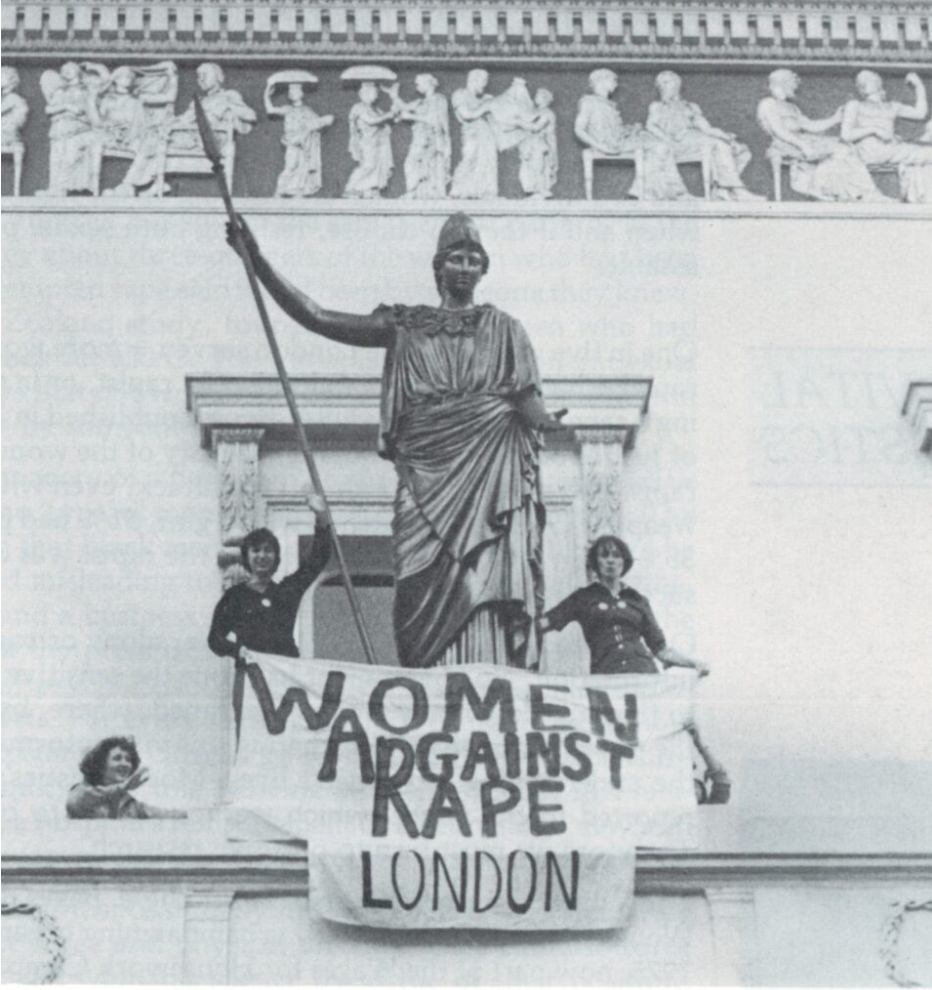
Slide title
Write your caption hereButton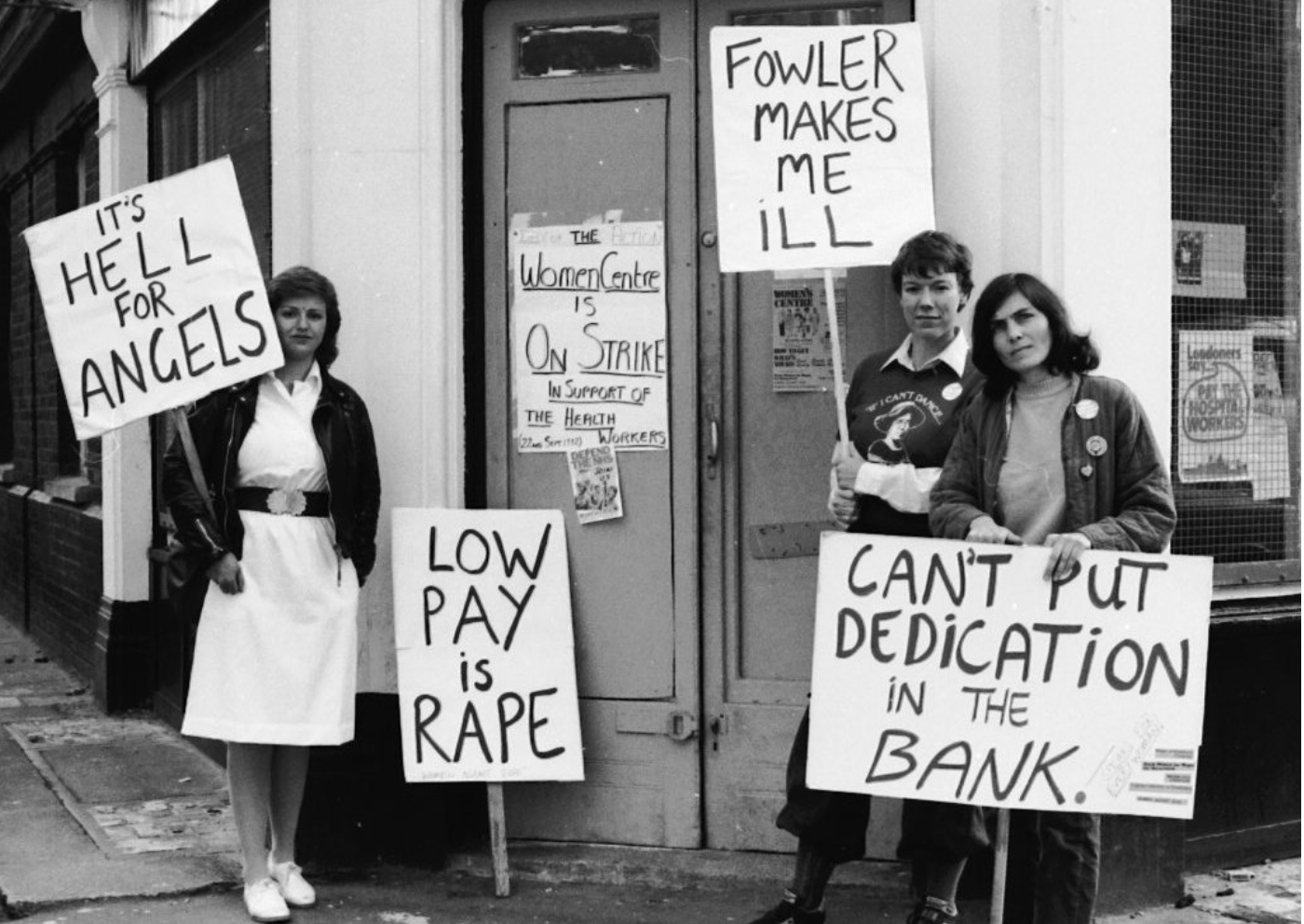
Slide title
Write your caption hereButton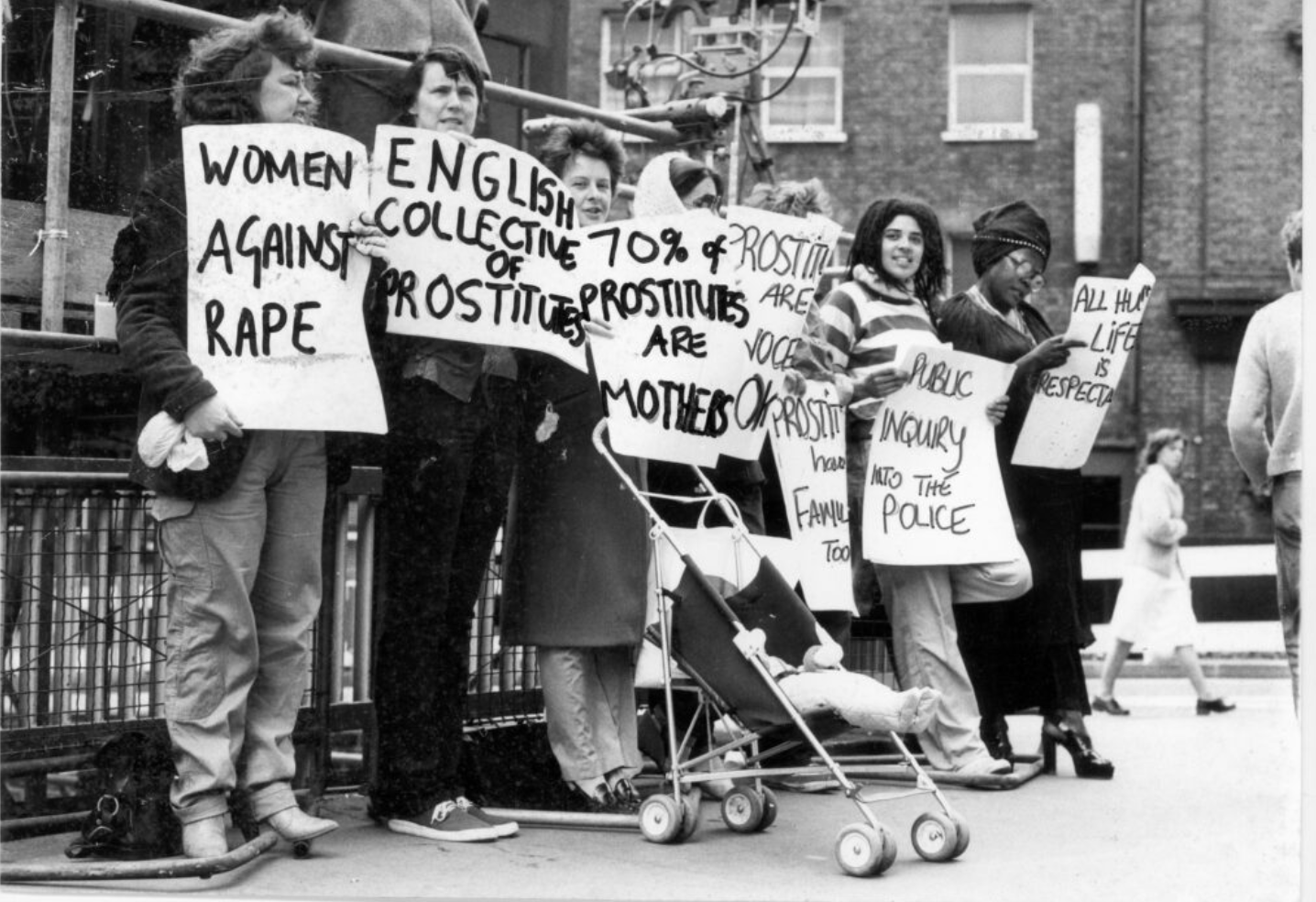
Slide title
Write your caption hereButton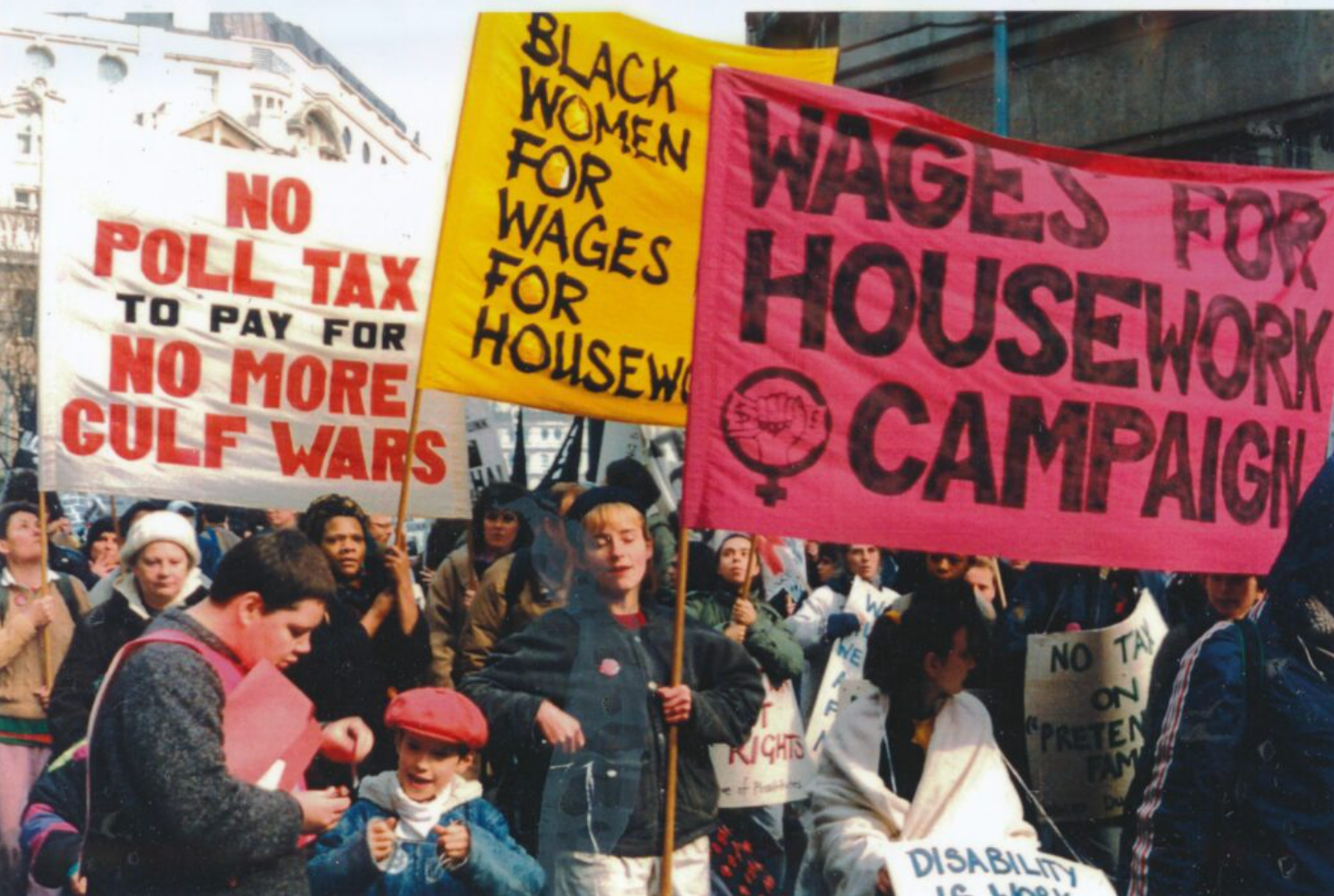
Slide title
Write your caption hereButton
Wages for Housework Community Archives at the Our Right to Care Conference:
History of the movement to recognize, value and compensate unwaged caregiving work
Visit the Wages for Housework Community Archives Exhibit at the Conference.
The Wages for Housework (WFH) Community Archives, with support from the Mellon Foundation, will be featured at the conference with a dedicated exhibit on both days. The exhibit will include displays, banners, a clothesline of archives, and other materials showcasing the history and impact of the WFH movement.
We invite all attendees to engage with these materials and explore how the International Wages for Housework Campaign (IWFHC) fits into the broader struggle—one that has been fought for generations by mothers, caregivers, domestic workers, activists, and others demanding recognition and financial compensation for housework and care work.
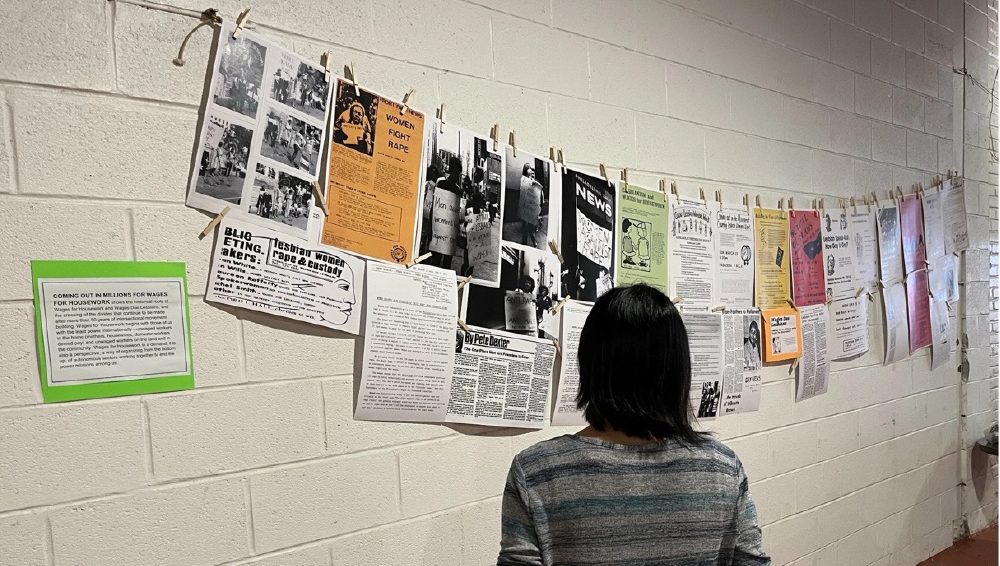
The WFH Campaign: Over 50 Years of Organizing
In March 1972, at the Women’s Liberation conference in Manchester, England, Selma James put forward Wages for Housework (WFH) for the first time. It was one of six demands in the pamphlet Women, the Unions and Work, or, What Is Not to Be Done, written for the conference.
For more than 50 years, WFH has been campaigning for financial recognition for the biological and societal work of reproducing the whole human race—whatever else women do. This caring work goes on almost unnoticed everywhere, in every country and culture. It is rarely prioritized economically, politically, or socially, and women are discriminated against and impoverished for doing it.
From early fights for mothers’ pensions to welfare rights activism, from international pressure to recognize unwaged work to the ongoing push for guaranteed income, this movement has taken many forms across different times and places. Importantly, the WFH Campaign has been shaped by the autonomous organizations that formed within it—women of color, queer women, sex workers, women with disabilities, single mothers, and a men’s network which shares its perspective on caring and autonomy. It confronts poverty, sexism, racism, deportation, criminalization, rape, militarism, the theft and destruction of land and the natural world, and other forms of violence and discrimination against any gender. It defends the relationships we choose, and especially the bond between mother and child.
In 2000, the WFH Campaign launched the Global Women’s Strike (GWS). Since 2021, its Care Income Now campaign has included the care and protection of people and the planet. Its international network over the years has included Canada, France, Germany, Guyana, India, Ireland, Italy, Peru, Spain, Switzerland, Thailand, Trinidad and Tobago, Uganda, as well as the UK and the US, and contacts in many other countries.
The WFH Community Archives
There are many efforts to document and archive this history, including in Germantown, Philadelphia, at the Crossroads Women’s Center. These archives include position papers, reports, press cuttings, press releases, posters, pamphlets, flyers, letters, petitions, photographs, books, audio, video, buttons, t-shirts, banners, etc. produced by the Philadelphia Wages for Housework Committee and other groups within the network. By preserving the struggles and victories of campaigners who have fought, and continue to fight, in this movement, the WFH Community Archives reclaims their history and counters the rewriting of this history by those outside the movement. The article below, "The 'true value of women's work'" expands on the impact of the WFH movement.
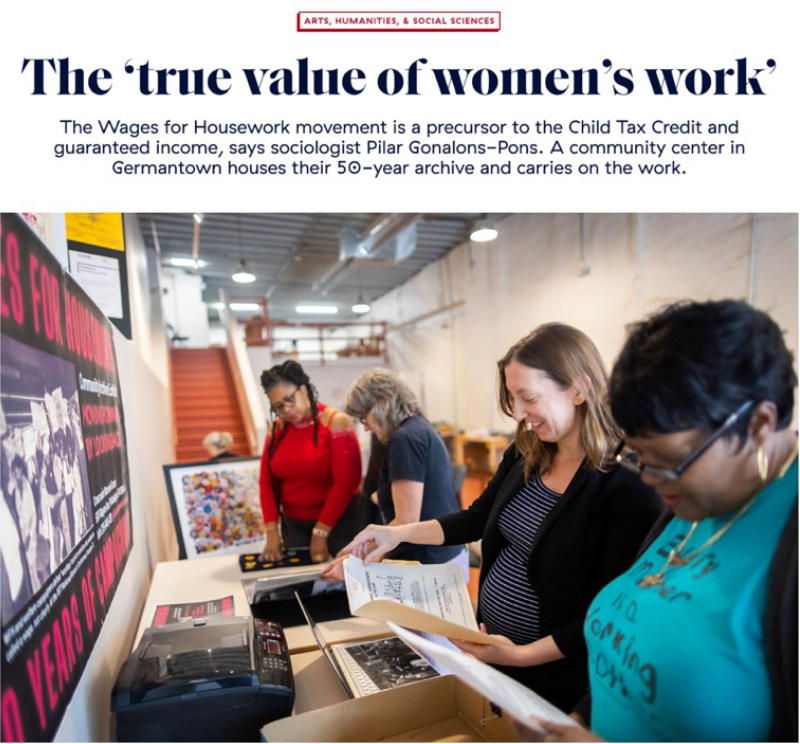
Engage With the Movement
We invite attendees to contribute to the collective understanding of housework and care work by sharing their own experiences. A community board will be available for participants to post reflections on how unpaid or undervalued work has shaped their lives.
Get Involved
We encourage those interested in learning more about the movement, its archival efforts, or contributing to the preservation of these materials to connect with us.
Contact: 215-848-1120 or email the archive.
Further information
on the
Philadelphia archives.
Contact Us
We will get back to you as soon as possible.
Please try again later.

